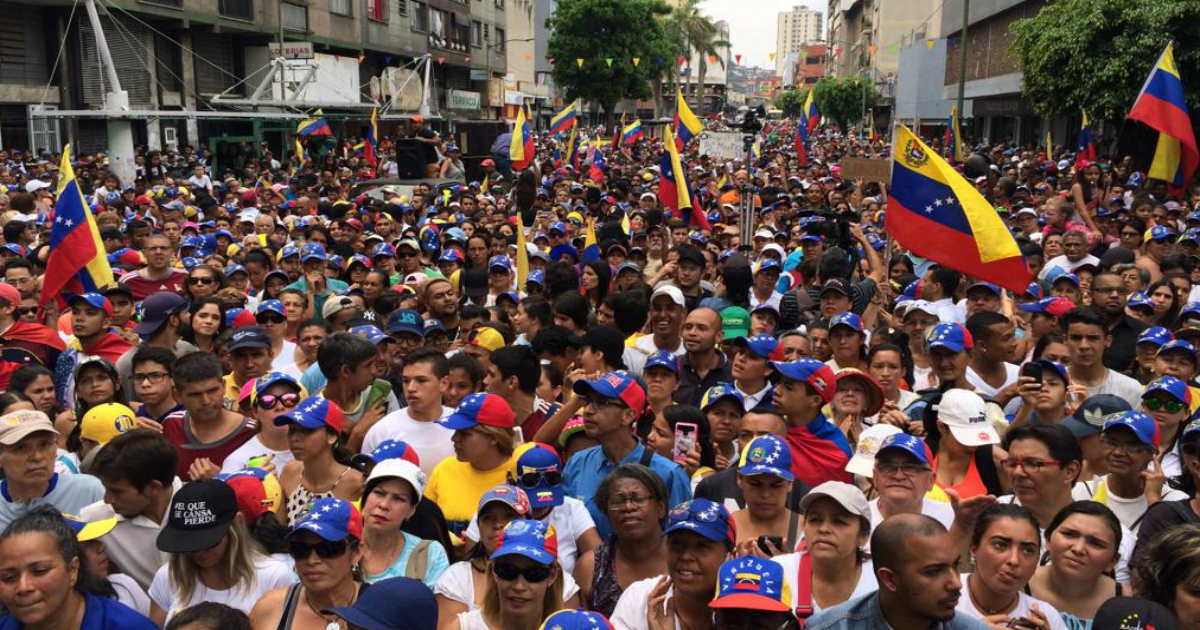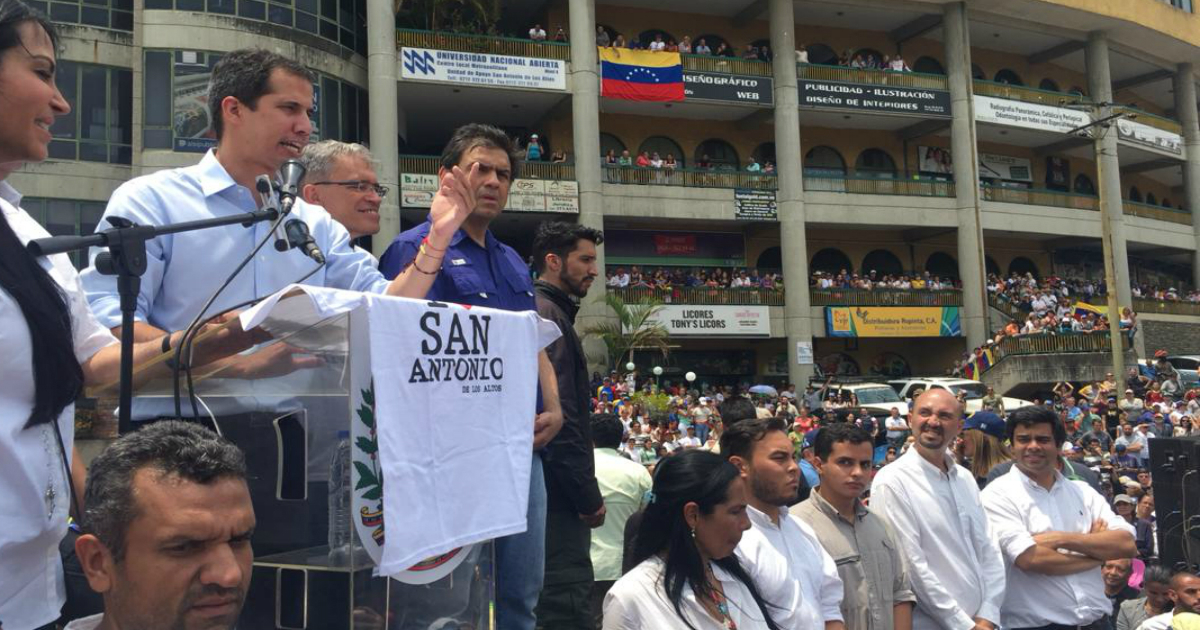 |
| Social protests October 2019 |
Different experts estimated that the Chilean social outbreak was in a "pause" while the country was in quarantine, with the possibility that the protests would be reactivated if the political class did not openly condemn the episodes of violence.
It has been 12 months since one of the biggest political-social crises in the history of Chile began. On the political spectrum, the center-right government of Sebastián Piñera has sought to appease the demands of the citizenry with his proposals, including a reform of the Chilean pension system (the so-called AFPs, private system), to which a new Fund of Collective and Solidarity Savings would be added, of a state nature, among other novelties.
For their part, both the ruling party and the opposition continue to campaign for and against a new Constitution, which will be decided in a referendum to be held on October 25th. Despite the fact that an agreement was reached to draw up a new Magna Carta, both political sectors do not seem to have the support of the public, who are crying out for structural changes in the system.
There is no consensual diagnosis of the causes of this social outbreak, nor of its solutions.
Neither the government nor the opposition have a very clear understanding of this phenomenon. An attempt has been made to advance in this, the political world promoted a new Constitution, but the violence continued in the streets for several months before the pandemic, so it is not known if this will be solved.
On the other hand, the Government has tried to increase social spending, improve pensions, give aid bonds and that has not reassured the people either.
The president of Chile, Sebastián Piñera, as well as the Congress have a very poor approval of the citizenship according to the latest polls, mainly due to some corruption scandals, crisis of representation and a tiredness of the political parties that were one of the main reasons for this crossroads.
Although the Chilean social outbreak began with many adherents in the streets throughout the country, as the weeks went by, the protests lost intensity and this was reflected in a drop in the number of people attending the marches, as well as in the rejection of events of extreme violence.
* You might be interested in:
https://csachannel.blogspot.com/2019/10/the-riots-that-shook-chile.html



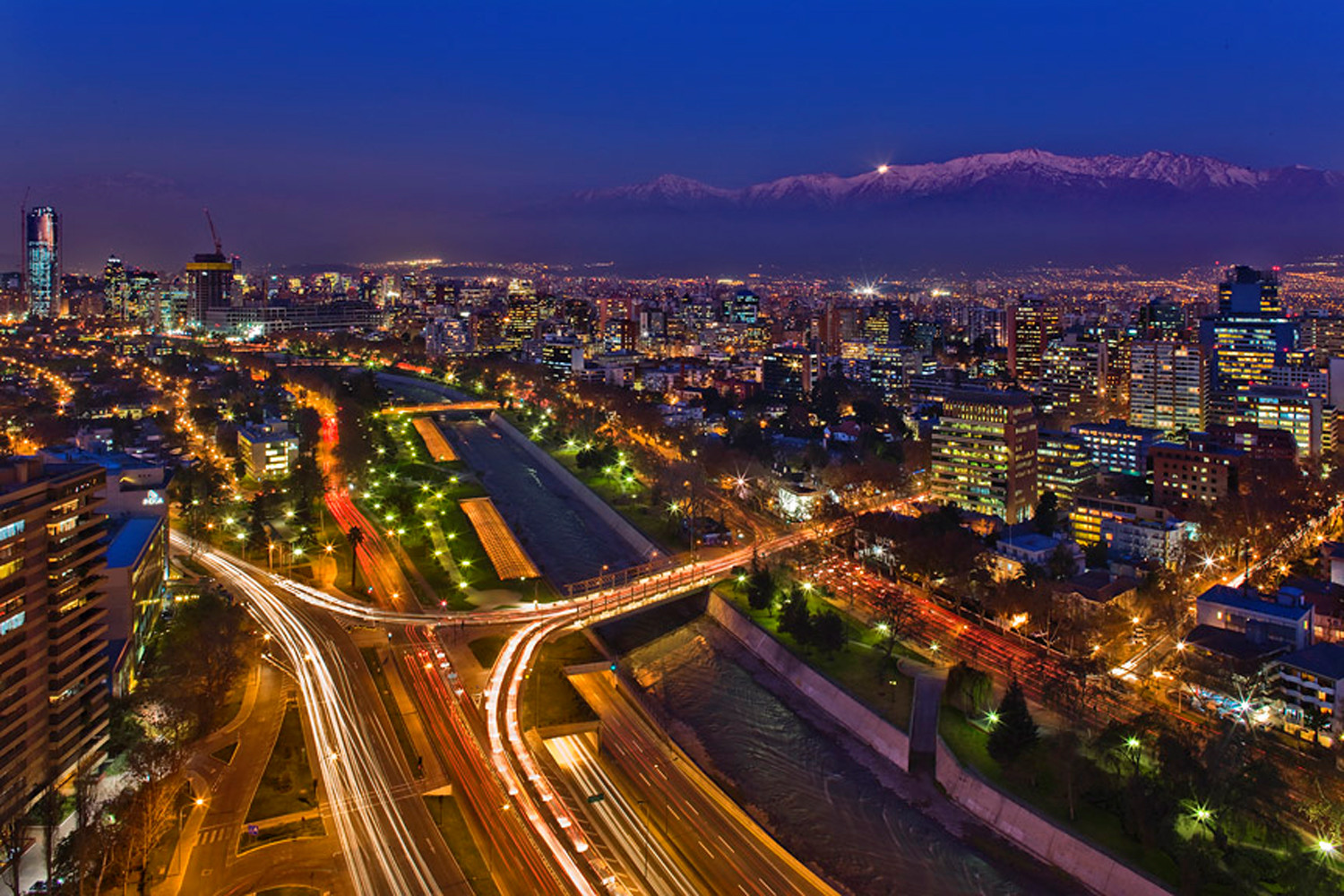

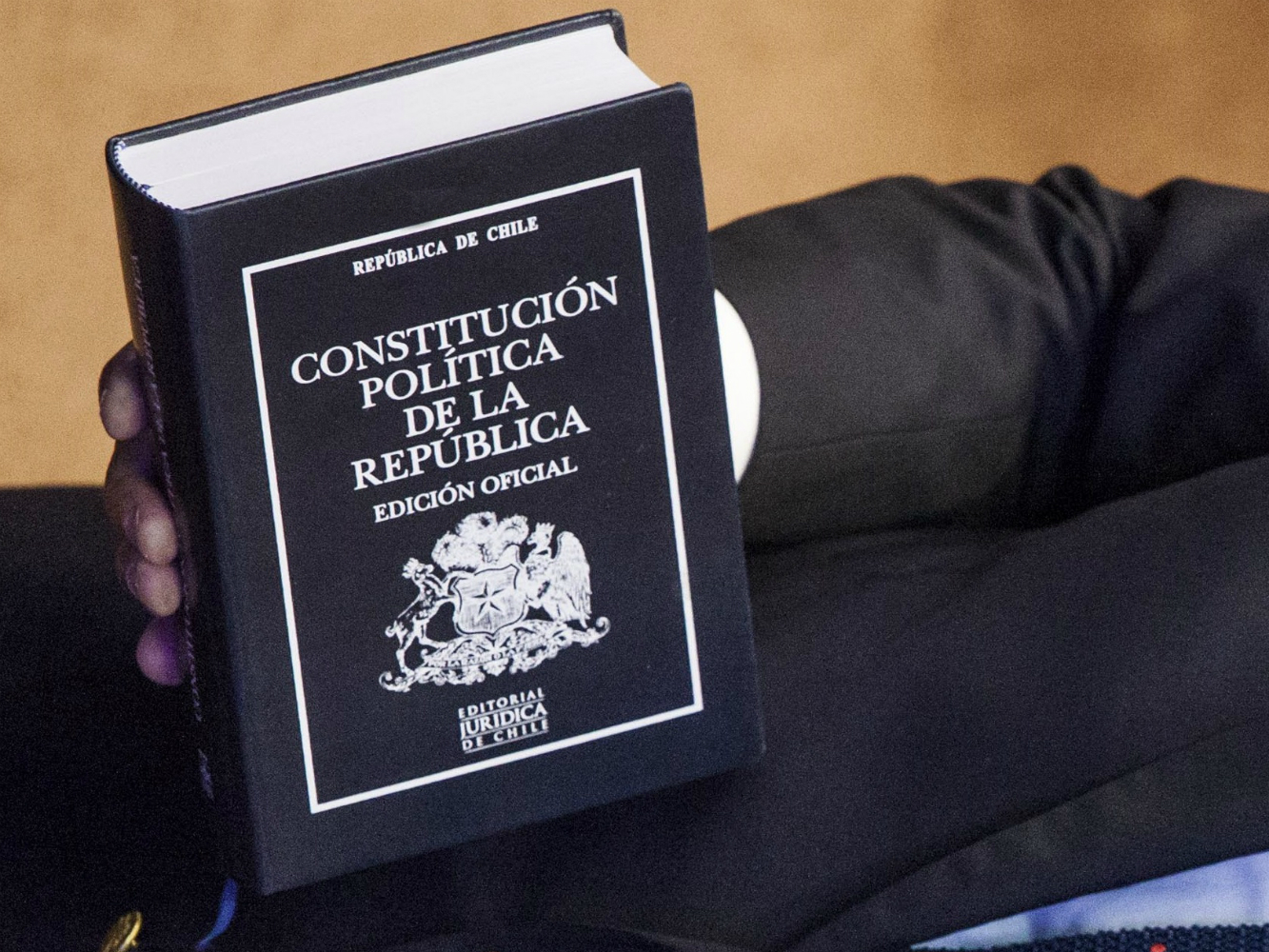



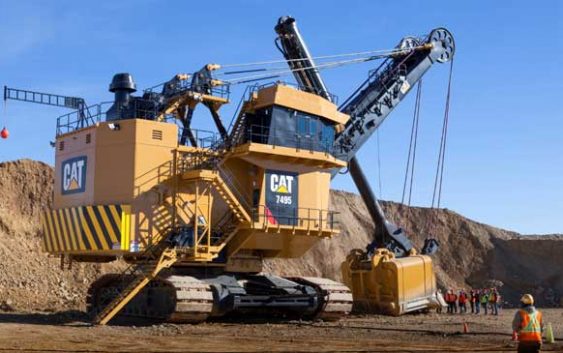









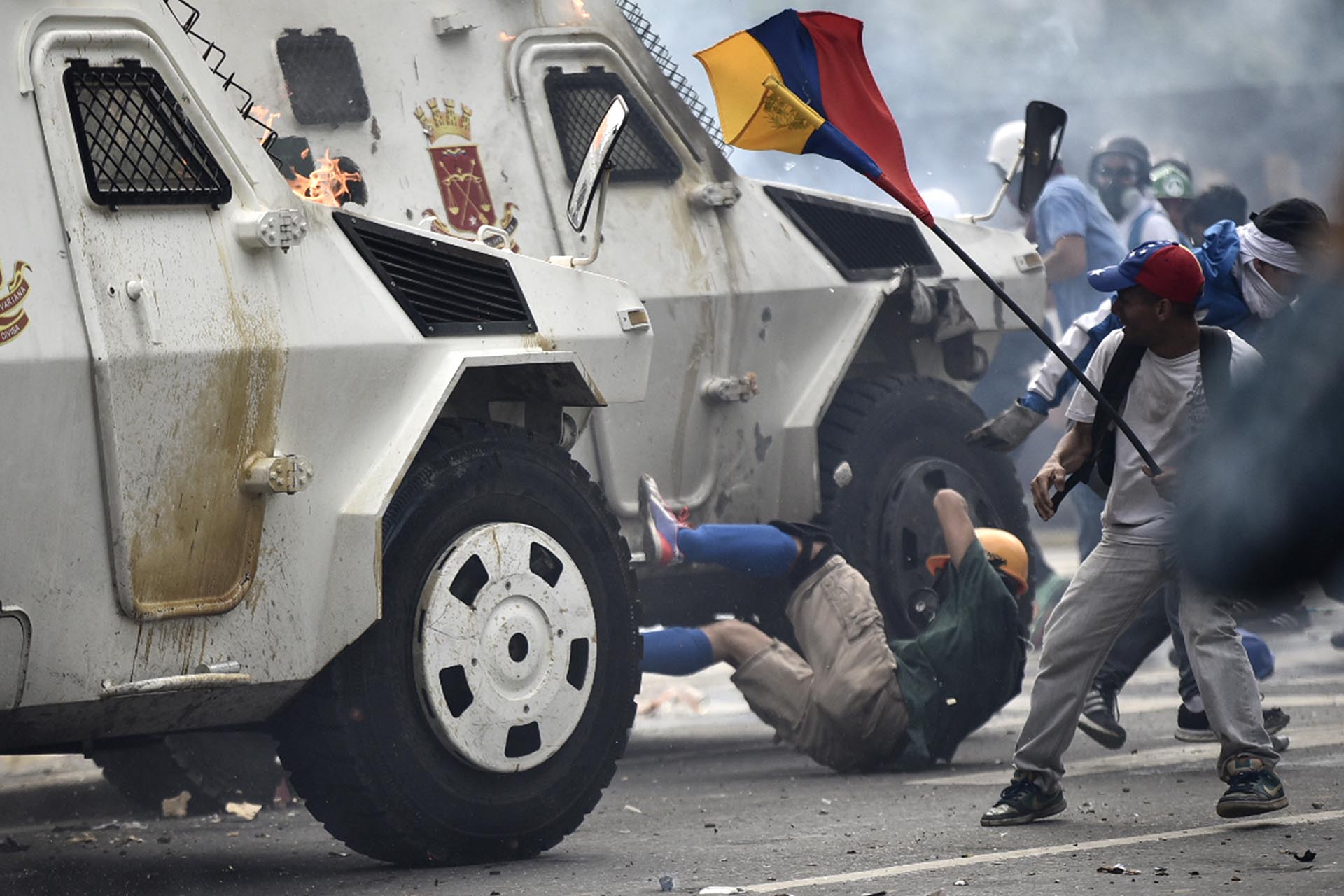
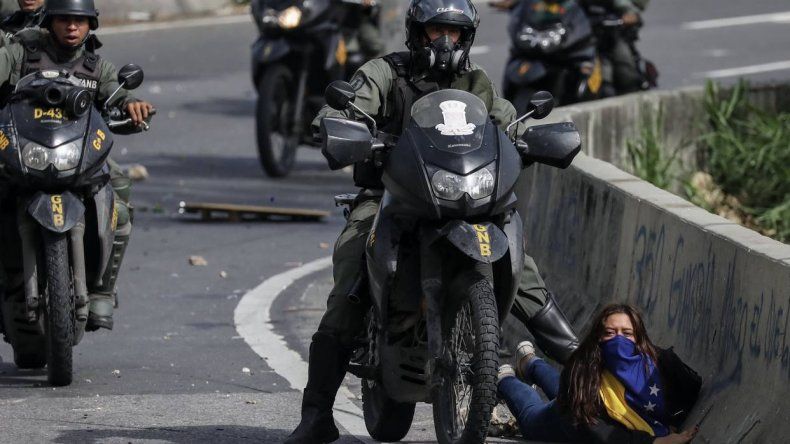

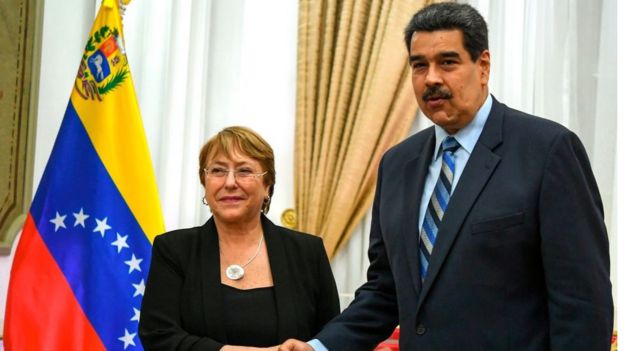
/s3.amazonaws.com/arc-wordpress-client-uploads/infobae-wp/wp-content/uploads/2019/03/25222221/2019-03-25T212353Z_118828927_RC1FCE716D20_RTRMADP_3_BRAZIL-ENERGY.jpg)
/s3.amazonaws.com/arc-wordpress-client-uploads/infobae-wp/wp-content/uploads/2019/02/28173058/guaido-bolsonaro-3.jpg)

